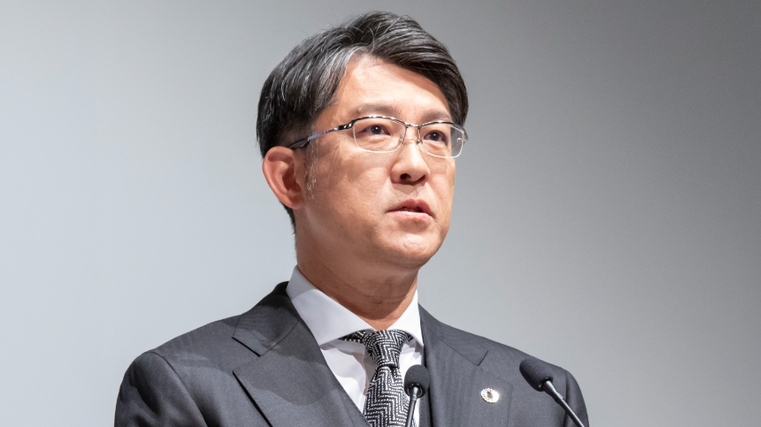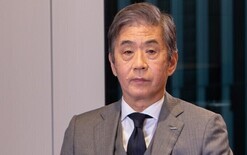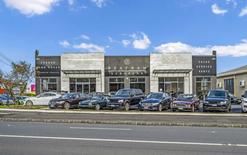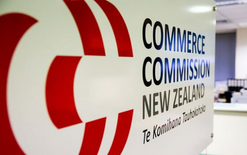Extra EV chargers in Japan

Toyota is adding more high-speed EV chargers at its dealerships across Japan.
It already has 390 fast-chargers and about 3,800 normal-speed chargers running nationwide, but plans to increase the number of the former to 500 by the end of March 2026.
In 2021, Toyota pledged to install high-speed chargers at all its roughly 5,000 domestic franchises by 2025 as part of a plan to launch 30 new electric vehicles by 2030.
A spokesman says: “We do not focus on achieving a set number of chargers, but rather install them based on needs and usage.”
Japan’s official policy is far more ambitious. By 2030, the government plans to make 30,000 high-speed chargers available across the country at convenience stores, fuel stations and other public places.
The country’s trade ministry projects that about 10,000 of Japan’s 20,000 automotive dealerships will have fast-chargers by the end of the decade.
Toyota’s chief executive officer, Koji Sato, pictured, has also said the company may have to revise its target of selling 1.5 million EVs annually by 2026.
Nissan and Mitsubishi have already put high-speed charging stations at most of their outlets. Nissan reports about 90 per cent of its dealerships are equipped with fast-chargers and Mitsubishi says around 94 per cent of its locations now have them.
Toyota’s sales data highlights the company’s challenges in Japan. Global sales in August, including Daihatsu Motor and Hino Motors, rose just one per cent from a year earlier to 900,598 units.
Sales abroad increased almost four per cent to a record monthly high, but those in the domestic market fell by more than 10 per cent. Global production grew almost four per cent to 837,869 units.
Toyota built and sold record numbers of vehicles for seven straight months, driven by a rebound in petrol-electric hybrid demand even as it dealt with President Donald Trump’s 15 per cent tariffs on cars and car parts.
Sales of the Toyota and Lexus brands in August rose nearly 14 per cent in America, but fell 12 per cent in Japan. And sales of the company’s battery electric vehicle worldwide climbed 35 per cent to 17,056 units, but – remarkably – only 18 units were registered in Japan.





